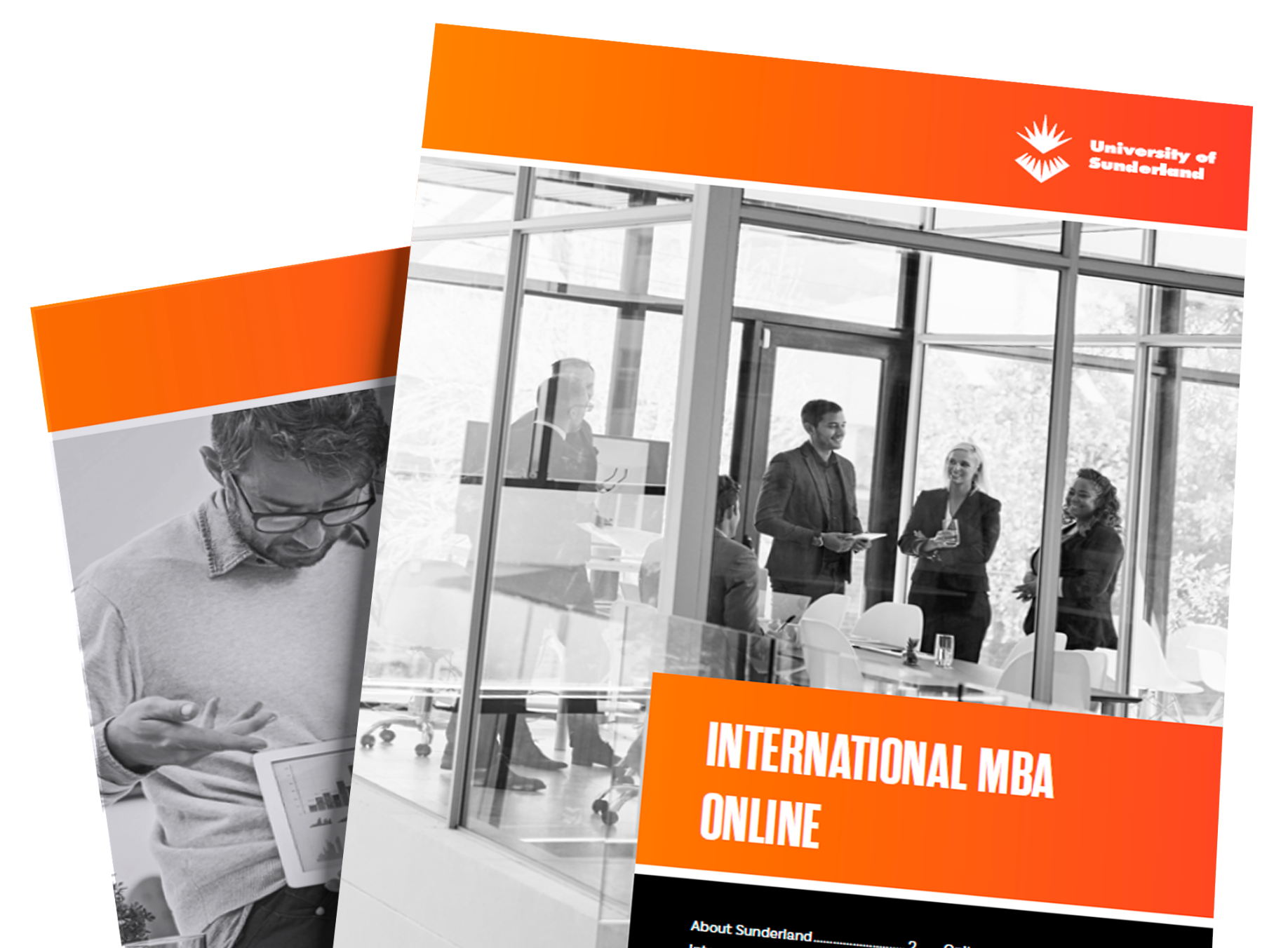An online management with finance MSc designed for student success
Our online MSc Management with Finance course has been specifically built to provide busy working professionals with the opportunity to learn how to successfully manage, lead, strategise and innovate within the finance discipline – without having to give up the day job.
The course is delivered entirely online with a flexible learning model. This enables you to study from anywhere in the world without ever needing to visit campus. It also means that you can study whenever suits you, on desktop or mobile – on your commute, your lunch break or at the weekend – studying around work and family commitments. If you choose the full-time route, you can complete this master’s online in as little as 12 months.
With six start dates a year, you’re not restricted to the traditional academic year and can begin postgraduate study within weeks.
Our research, which was rated ‘world-leading’ in the latest Research Excellence Framework, directly informs the course’s high quality academic content, which is shaped by online learning design specialists to provide an interactive and highly engaging online learning experience.
Each student is designated a dedicated Student Success Coordinator to provide you with high quality support from enrolment right up to when you graduate.
We have been ranked internationally as a leading university, receiving five stars for teaching, inclusiveness, employability and facilities in the QS World University Rankings 2023, the highest rating that can be awarded to a university. A special recognition of our practical focus on developing the skills that enable career progression for our students all over the world.






